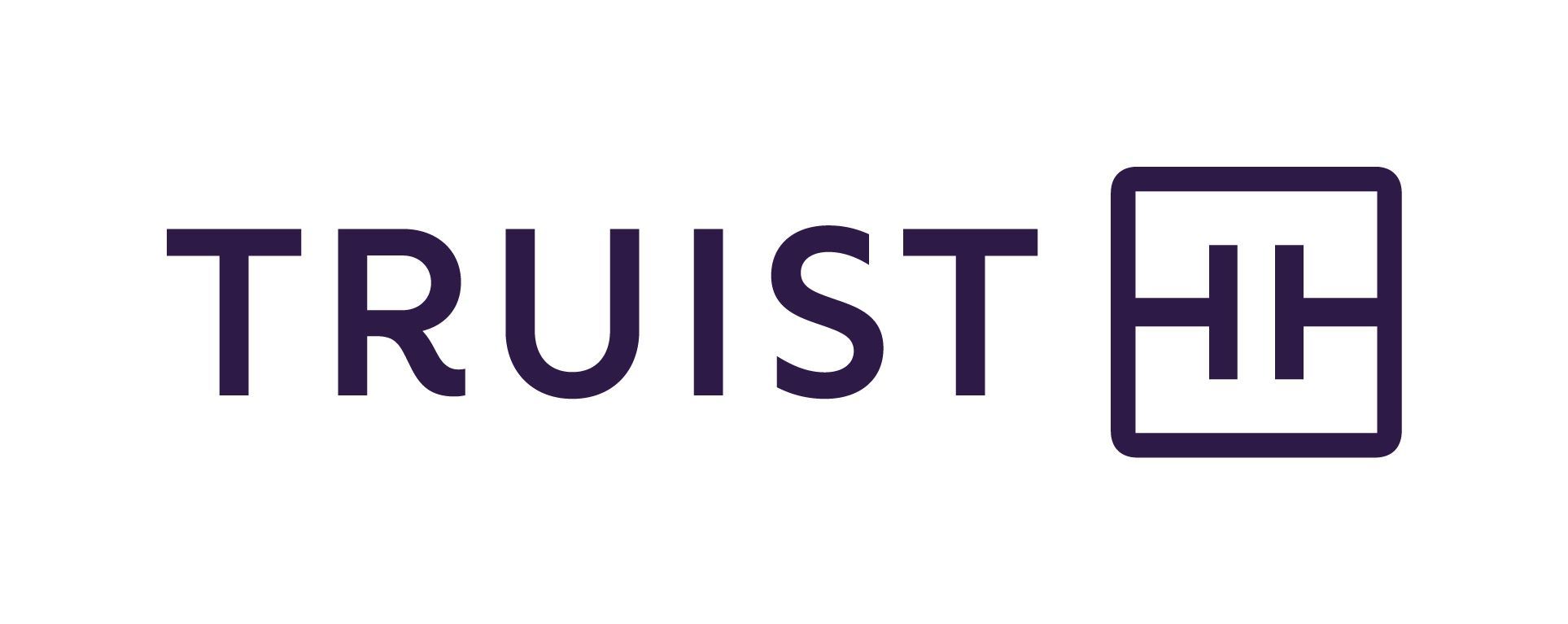If you want to be in the know about what’s going on at our organization, you’ve come to the right place.
Be sure to check back regularly to get our latest news updates.
Reinvestment Partners, a nonprofit dedicated to building healthy and just communities, launched its first *Food is Medicine* program in 2018 in Durham, NC. Its *Eat Well* initiative now operates nationally, offering healthy meals, grocery boxes, and produce prescriptions — serving over **150,000 participants** and generating **$30 million** in fruit and vegetable purchases. The organization aims to make healthy food a covered healthcare benefit and is collaborating with leading research institutions to evaluate program impacts. To date, its produce prescription programs have been included in **15 research studies**, supporting evidence-based integration of nutrition into healthcare.
Reinvestment Partners received a National Park Service Award for Harriet Tubman YWCA project. The project involves the historic rehabilitation of the Harriet Tubman YWCA in Durham and its conversion into 17 affordable efficiency apartments. The project is funded in part by the African American Civil Rights grant program, through the Historic Preservation Fund, as administered by the National Park Service, Department of Interior. For questions please contact Reinvestment Partners at info@reinvestmentpartners.org
Each year, one third of workers become eligible for the EITC. An IRS tool can help anyone figure out their eligibility. Millions of workers and families benefit from the EITC. If you’re unsure whether you qualify or not, check out the EITC Assistant on the IRS website. Many working people qualify for the IRS Earned Income Tax Credit. Do you? Do your loved ones? Check eligibility with the EITC Assistant. EITC is a refundable credit – that means if you qualify and claim it, you could pay less in taxes or get a bigger IRS refund. For working people experiencing homelessness, filing a tax return often carries an added bonus—getting an IRS refund based on various tax benefits, especially the Earned Income Tax Credit, or EITC. The Earned Income Tax Credit, or EITC, can be a powerful tool to combat hunger and homelessness in communities nationwide. Experiencing homelessness shouldn’t stop someone from claiming valuable tax benefits like the Earned Income Tax Credit, or EITC. A person may list the address of a friend or trusted service provider—like a shelter—on an IRS return.
Counselor Angella Coleman told The Tribune that it’s been difficult for working families to find affordable homes for purchase in Durham and some are resorting to neighboring counties. Counselor Rosa Manrique said they create detailed action plans for clients to follow in individual counseling and share different financial resources in homebuyer education like the North Carolina Housing Finance Agency’s N.C. Home Advantage Mortgage suite of products.
It is estimated that more than 1 million North Carolinians live in food deserts. Food deserts are neighborhoods that have limited access to affordable and nutritious food. Access in many areas is now even more limited because of supply chain struggles and the pandemic. Learn how collaborations in Anson, Union, and Watauga counties are helping people access fresh and affordable food.
About one out of every ten people living in Wake and Durham counties is food insecure, according to a report from Duke Health. To combat the issue, they're partnering with organizations [like Reinvestment Partners] in both counties to address those concerns, looking at food as medicine.
North Carolina is piloting an ambitious, $650-million Medicaid program to address the social factors that contribute to participants’ health. It’s a big lift that’s gotten a slow start.
“You have to get to volume,” said Skillern. He pointed to one of the HOP services his group administers: $40 worth of fruit and vegetables that participants can redeem at Food Lion or Walmart. Medicaid pays the $40, and Reinvestment Partners receives $5.25 as a service fee per person every month. Even if 1,000 clients used the benefit, the organization would only earn $5,250 a month. “It’s still not quite enough to run a program. That’s part of the challenge.”
So far, Eat Well has signed up more than 1,800 vets in North Carolina.
“But we haven’t scratched the surface of what’s possible,” says Neal Curran, Reinvestment Partners’ Director of Food Programs.
Many low-income Americans experience food insecurity, which may have been exacerbated by economic instability during the early stages of the COVID-19 pandemic in 2020. In this study we assessed the impact of Healthy Helping, a short-term fruit and vegetable incentive program aimed at alleviating food insecurity and improving diet quality for Supplemental Nutrition Assistance Program participants, on grocery purchases, using transaction data from a large supermarket chain in North Carolina.
“This is a rare moment for dynamic growth of high-impact healthy food programs,” said Neal Curran, Director of Food Programs, Reinvestment Partners.














